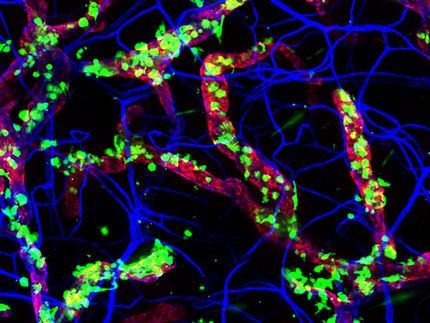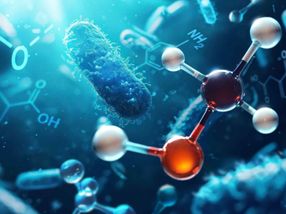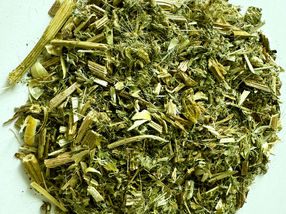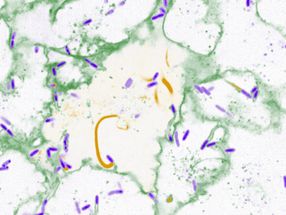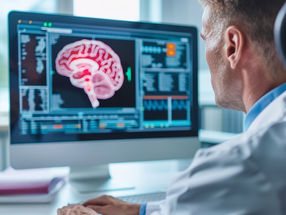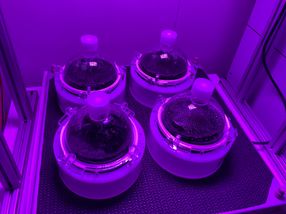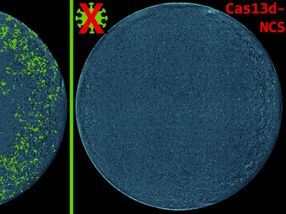Autophagy triggers autoimmune disease
autophagy allows cells to degrade and recycle their cellular components. Researchers at UZH have now demonstrated that the autophagy machinery in certain immune cells leads to the immune system attacking the central nervous system. The researchers are using these findings as a basis to look into new approaches to treating autoimmune diseases such as multiple sclerosis.
Autophagy refers to a fundamental recycling process of cells that occurs in yeast, fungi, plants, as well as animals and humans. This process allows cells to degrade their own components and thus activate energy resources to be able to adapt to nutritional needs. In addition, autophagy plays a central role in steering an organism’s immune response. Autoimmune diseases arise from an abnormal immune response to a normal body part such as the central nervous system in patients with multiple sclerosis.
No autoimmune reaction without autophagy proteins
Led by Jan Lünemann from the Institute of Experimental Immunology at the University of Zurich, a team of neuroimmunologists has now found evidence for another aspect of this cellular “self-digestion”: Autophagy proteins are responsible for triggering autoimmune processes in a mouse model of multiple sclerosis. Upon genetically switching off the autophagy protein ATG5 in certain immune cells, the researchers observed significantly lower levels of pathological T cells in the central nervous system of the mice. As a consequence, the animals failed to develop inflammation in the brain and spinal cord comparable with inflammation that develops in multiple sclerosis.
Immune cells target nerve cells
The researchers have now demonstrated that the autophagy protein ATG5 has an essential function when myelin antigens are presented to immune cells during inflammation processes in the central nervous system. “This reactivation process is thought to play a decisive role in the development of autoimmune neuroinflammation,” says Christian Keller, lead author of the study. In multiple sclerosis – one of the most common autoimmune diseases – T cells attack the myelin sheaths of the body’s own nerve fibers. The immune cells are activated as soon as they come into contact with antigen-presenting cells. Dendritic cells are responsible for antigen presentation. When the myelin sheath becomes defective, the dendritic cells digest the isolation membrane through autophagy and present parts of it to pathological T cells entering the site of the inflammation. “This means they promote the progression of the disease,” explains Keller.
The team plans to use the latest findings as a basis for investigating tissue samples of patients suffering from multiple sclerosis to find out whether autophagy is particularly active in certain immune cells. “In the long run, we want to see whether these new immunopathology findings can be used to develop new treatments for multiple sclerosis,” says Jan Lünemann.
Original publication
Christian W. Keller, Christina Sina, Monika B. Kotur, Giulia Ramelli, Sarah Mundt, Isaak Quast, Laure-Anne Ligeon, Patrick Weber, Burkhard Becher, Christian Münz, and Jan D. Lünemann; "ATG-dependent phagocytosis in dendritic cells drives myelin-specific CD4+ T cell pathogenicity during CNS inflammation"; PNAS; 2017
Most read news
Original publication
Christian W. Keller, Christina Sina, Monika B. Kotur, Giulia Ramelli, Sarah Mundt, Isaak Quast, Laure-Anne Ligeon, Patrick Weber, Burkhard Becher, Christian Münz, and Jan D. Lünemann; "ATG-dependent phagocytosis in dendritic cells drives myelin-specific CD4+ T cell pathogenicity during CNS inflammation"; PNAS; 2017
Topics
Organizations
Other news from the department science

Get the life science industry in your inbox
From now on, don't miss a thing: Our newsletter for biotechnology, pharma and life sciences brings you up to date every Tuesday and Thursday. The latest industry news, product highlights and innovations - compact and easy to understand in your inbox. Researched by us so you don't have to.
